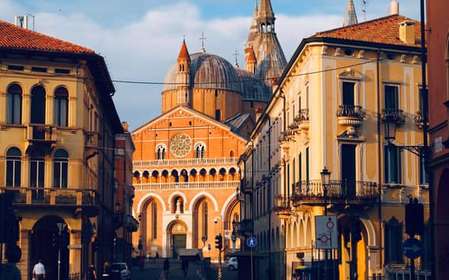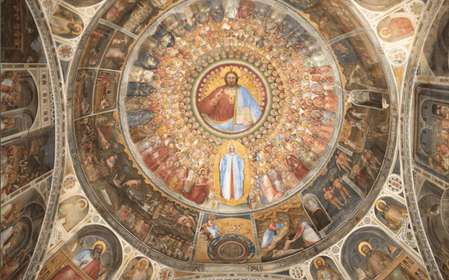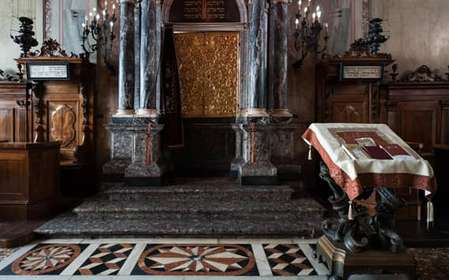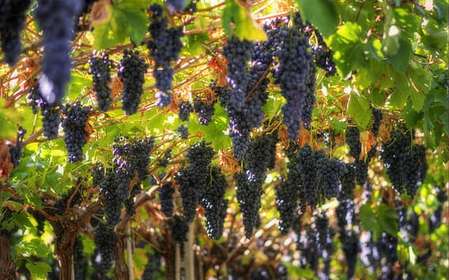- Home
- Useful Tips
- Where to find Padua's best...
Many travelers stroll through Padua's bustling piazzas completely unaware of the exquisite Renaissance courtyard gardens hidden behind unassuming walls. These green sanctuaries offer a rare glimpse into 16th-century aristocratic life, yet over 60% of visitors miss them according to local tourism boards. The frustration comes when you finally learn about these horticultural treasures - only to discover confusing access rules, limited opening hours, or worse, arriving to find a private event has closed the garden you traveled to see. Unlike Florence's crowded Boboli Gardens, Padua's best-preserved courtyards remain intimate spaces where you can actually hear fountains trickle and leaves rustle. But finding these oases requires navigating university property rules, ecclesiastical opening times, and well-kept local secrets about which palazzi still welcome quiet visitors.
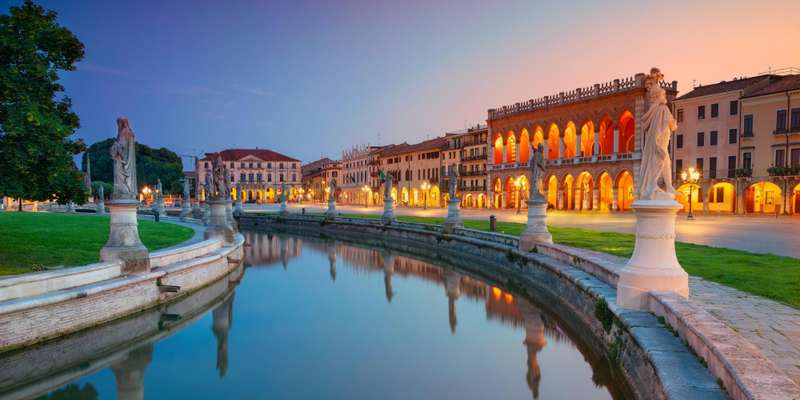

Why Padua's courtyard gardens are Europe's best-kept Renaissance secret
While Venice's manicured public parks and Verona's Roman gardens draw crowds, Padua's university courtyards and private palazzo gardens preserve something extraordinary: completely intact garden designs from the 1500s. The Botanical Garden of Padua, a UNESCO site since 1997, shows medicinal plant layouts unchanged since 1545. Nearby, Palazzo del Bo's scholarly courtyards feature symbolic plantings that educated medical students during lectures. What makes these spaces truly special is their authenticity - you're walking the same geometric gravel paths as Renaissance scholars, surrounded by original statues and citrus trees in ancient terracotta pots. Unlike reconstructed gardens elsewhere, Padua's surviving courtyards use the same varieties of boxwood, myrtle and roses documented in 16th-century gardening manuals. The microclimate created by the city's canals allows even delicate pomegranates to thrive as they did for wealthy patrons five centuries ago.
Three overlooked gardens only locals know how to visit
Beyond the famous Botanical Garden, Padua guards quieter horticultural treasures with peculiar access rules. The Orto Medievale behind Basilica di Sant'Antonio opens only on Tuesday mornings, when Franciscan friars lead free tours of their medieval herb garden. Palazzo Zuckermann's courtyard appears closed to tourists, but ringing the university philosophy department's bell often grants access to its magnificent wisteria pergolas. For the ultimate secret, seek out Casa di Petrarca in Arquà Petrarca - this hillside villa's garden has the same pear trees the poet cultivated in 1370, with panoramic views few tourists experience. Pro tip: Many private gardens open during Padua's 'Courtyards in Bloom' festival each May, when residents compete for best floral displays and happily share historical insights over complimentary prosecco.
When to visit for perfect light and no school groups
Padua's student population means gardens fill with university classes between 10am-noon on weekdays. Dawn visits reward early risers with magical light filtering through magnolia leaves, while golden hour transforms geometric parterres into living mosaics. Summer afternoons can be stifling, making spring and autumn ideal for comfortable exploration. Surprisingly, winter offers unique advantages - frost highlights the architectural structure of evergreen hedges, and you'll often have entire gardens to yourself. Many courtyards remain open on rainy days, when the scent of wet boxwood and stone creates an especially atmospheric experience. For photographers, late April provides the dual spectacle of wisteria blooms and climbing roses, while September brings the bonus of ripe figs dropping from ancient espaliered trees.
How to respectfully experience private gardens without trespassing
Many of Padua's most breathtaking gardens belong to private residences or academic institutions, but gaining legal access is easier than you'd think. Polite inquiries at neighborhood cafes often yield introductions to homeowners proud to share their heritage. The University of Padua offers guided tours of its historic courtyards if booked two weeks in advance. For Palazzo della Ragione's rooftop garden, arriving right at opening ensures availability of the limited daily passes. Some smaller cloisters welcome visitors who purchase a drink at their attached cafés - the orange tree courtyard at Caffè Pedrocchi being a prime example. When in doubt, look for the small 'Giardino Visitabile' signs indicating which normally private gardens participate in the city's cultural access program.
